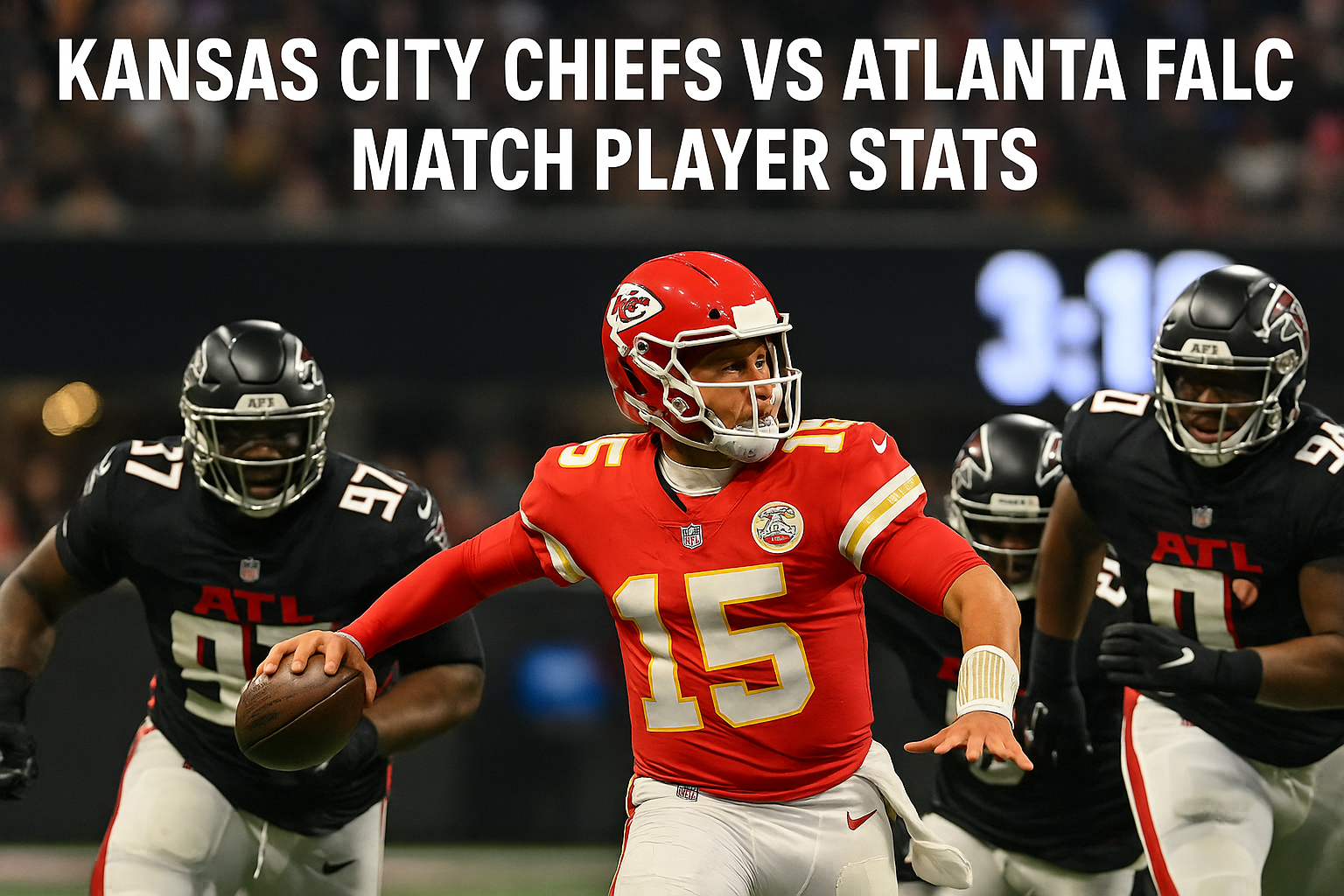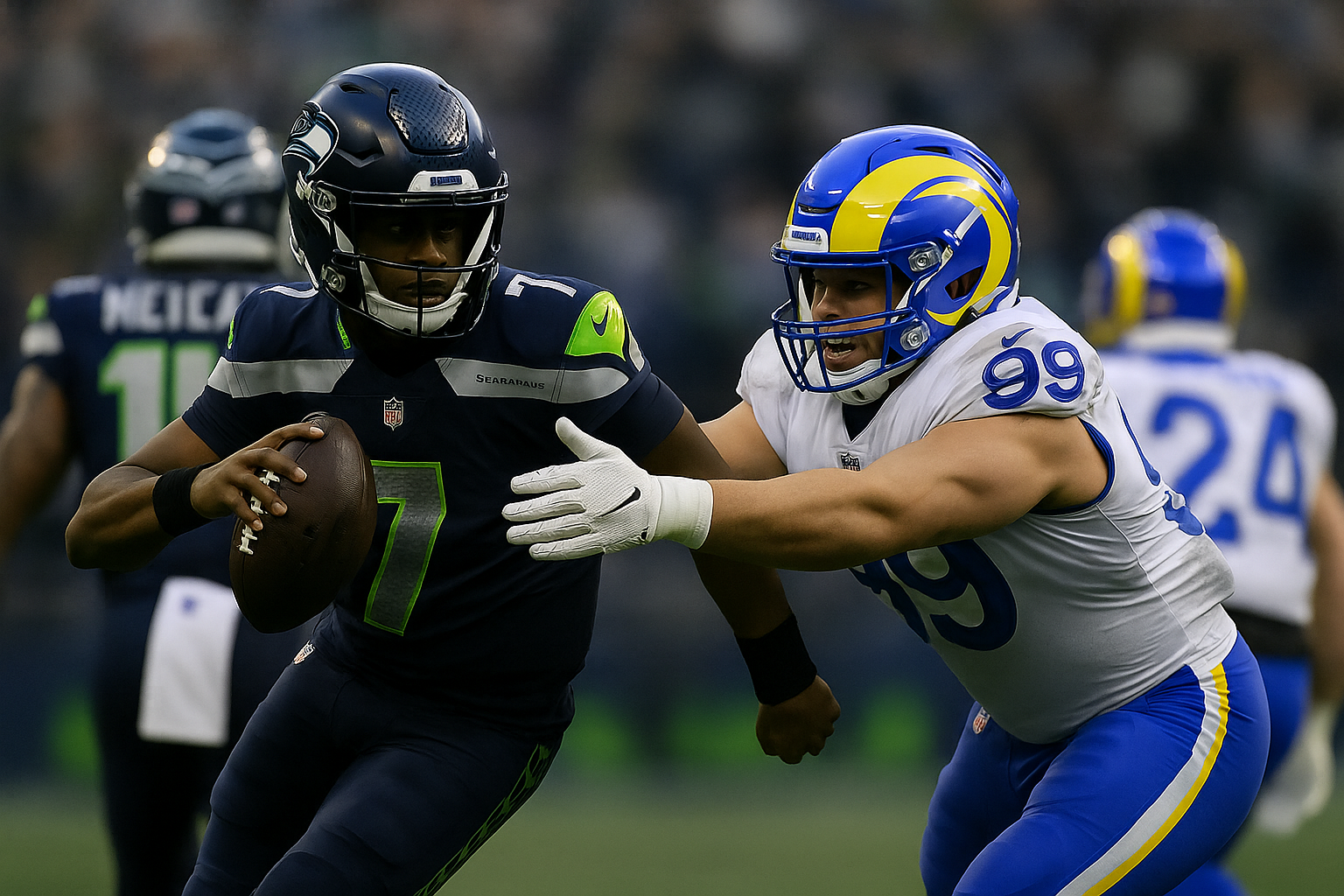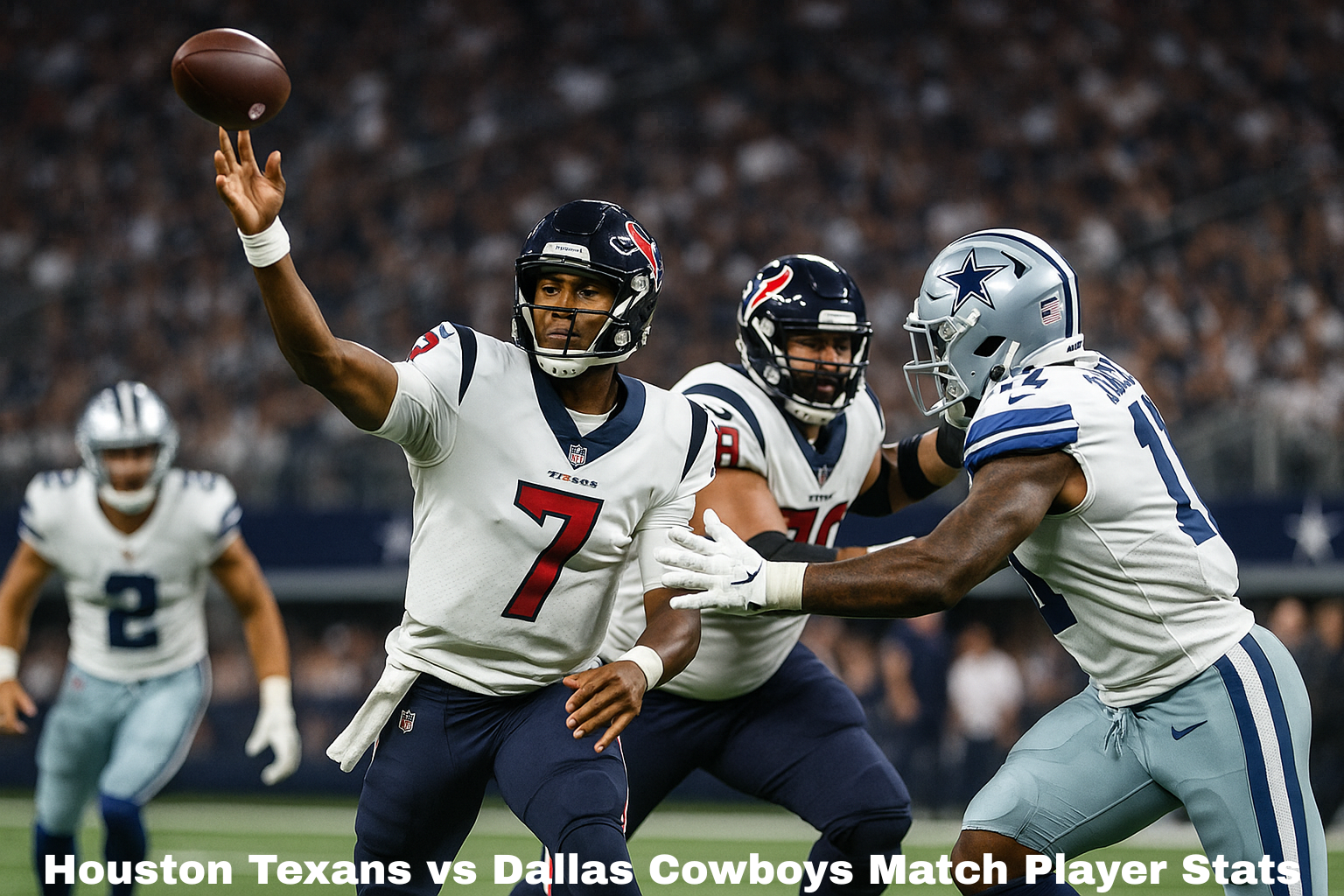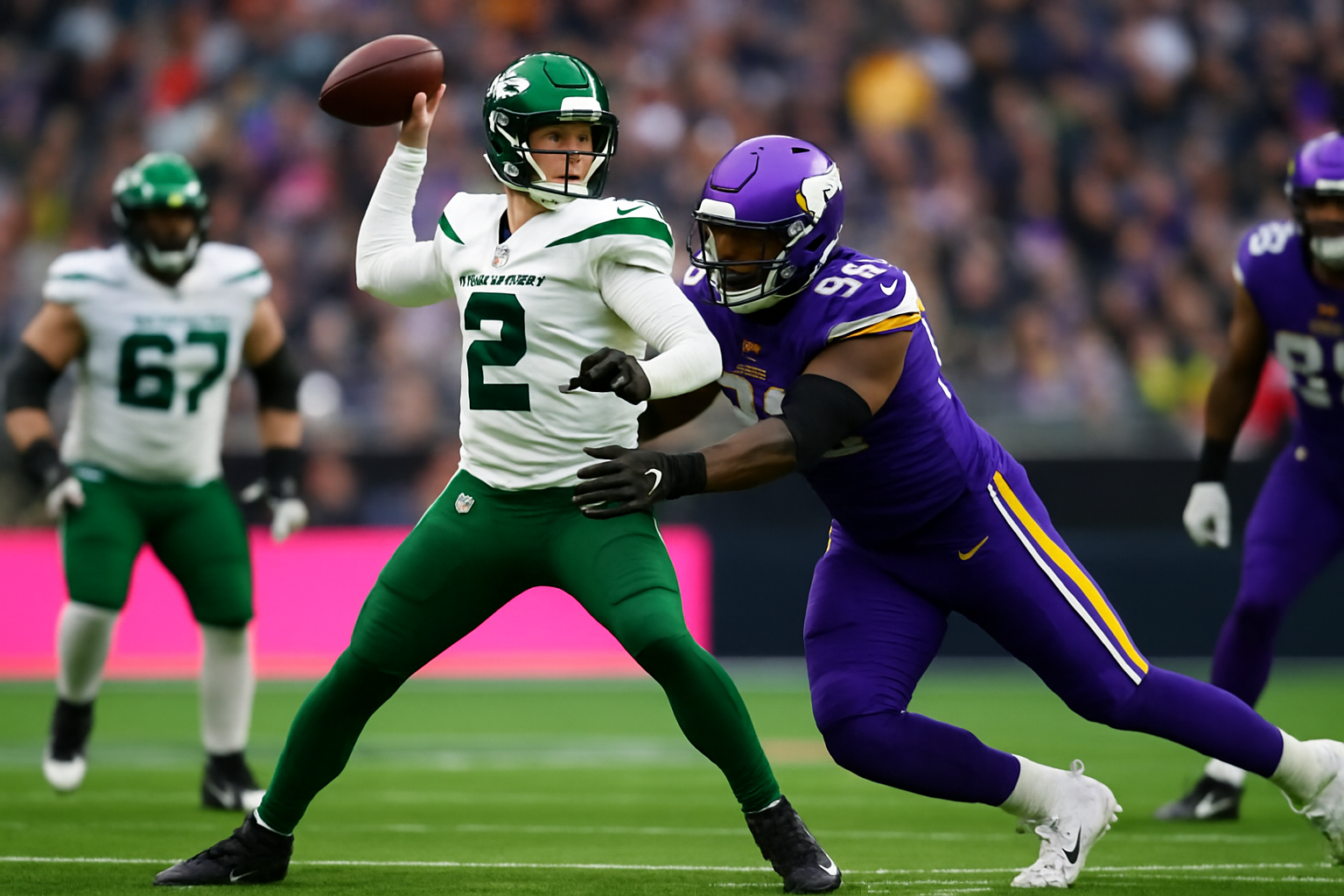Introduction
The NFL’s Week 9 clash between the Dallas Cowboys and Atlanta Falcons was more than a routine mid-season fixture—it became a turning point for both franchises. Held at AT&T Stadium, this game was packed with changes in momentum, tough individual matchups, and a series of numbers that told the story better than any headline. For fans and analysts alike, the statistics from this game offer clear insights into where both teams stand and how key players influenced the outcome.
Game Overview
From the opening drive, the Falcons showcased a balanced offensive strategy that kept Dallas’s defense on its heels. The Cowboys, meanwhile, struggled to find consistency, especially in key third-down situations. The final score—Falcons 31, Cowboys 17—only partially reflects the gritty undercurrent of this matchup. What followed was a clinic in clock management, timely defensive stops, and a few standout plays that ultimately separated the two sides.
Falcons Defeat Cowboys in Week 9
Atlanta entered the game with a clear game plan: control the tempo, establish the run early, and protect quarterback Kirk Cousins. Dallas tried to rely on quarterback Dak Prescott’s passing abilities, but the Falcons’ secondary was well-prepared, forcing multiple short-yardage plays and capitalizing on breakdowns in blocking schemes. In the second quarter, the Falcons seized control. Cousins connected with Drake London on a 47-yard bomb, shifting momentum heavily in Atlanta’s favor. Meanwhile, the Cowboys’ red-zone inefficiency showed—twice they settled for field goals in situations where touchdowns were within reach.
The Culinary Journey of Kirk in Dallas
Kirk Cousins was efficient and poised. His final stat line: 24 completions on 31 attempts, 292 passing yards, 3 touchdowns, and no interceptions. Cousins didn’t just rack up stats—he spread the ball around, connecting with seven different receivers. That forced the Cowboys to stretch their coverage thin, opening up the middle for play-action success.
In third-down situations, Cousins went 8-of-10, sustaining long drives and frustrating the Cowboys’ defense. His pocket awareness and ability to reset quickly after initial pressure played a crucial role in Atlanta’s time-of-possession advantage.
Prescott’s Decline: Analyzing the Statistics Preceding and Following
Prescott’s performance raised concerns. He ended the game 17-for-34, with 183 yards, 1 touchdown, and 2 interceptions. His passer rating dropped to 63.9, well below his season average. Before the Falcons game, Prescott was averaging 247 yards per game and completing over 68% of his passes. Against Atlanta, those numbers nosedived.
Prescott’s struggles weren’t limited to turnovers. His footwork was inconsistent, and he failed to adjust to blitz packages coming off the edge. One interception came on a misread slant route, and another off a tipped pass due to a poorly timed release under pressure. The offensive line didn’t help, surrendering 4 sacks and numerous hurries.
Bijan Introduces Equilibrium: Robinson’s Dual Threat
Falcons rookie running back Bijan Robinson gave Dallas all sorts of problems. He ran for 84 yards on 16 carries, averaging 5.2 yards per attempt, and added 6 receptions for 68 yards and a touchdown. His ability to bounce outside and create mismatches in the open field was a recurring headache for the Cowboys.
Robinson’s versatility allowed Atlanta to disguise their intentions on offense. Whether lining up in the backfield or motioning into the slot, he forced Dallas to assign extra coverage, which opened opportunities for others.
A Shining Highlight of Dallas
If there was one bright spot for Dallas, it was CeeDee Lamb. Despite tight coverage, Lamb caught 8 passes for 102 yards, including a 28-yard touchdown in the third quarter. He consistently found soft zones in Atlanta’s coverage and was Prescott’s only reliable target.
Lamb also contributed as a punt returner, gaining 55 yards over 3 returns. His footwork and acceleration showed flashes of the playmaking potential that Dallas desperately needed elsewhere on the field.
Receivers: Long Gains versus Short Yardage
Atlanta’s receiving corps leaned into aggressive routes. Drake London hauled in 6 receptions for 91 yards, while Kyle Pitts added 5 receptions for 63 yards and a red-zone score. The Falcons averaged 12.3 yards per catch, compared to Dallas’ 8.1.
On the flip side, Dallas leaned heavily on short-yardage throws. Tight ends and running backs combined for 11 receptions, but most gained less than 7 yards per catch. This forced Dallas into too many third-and-longs, a formula that rarely succeeds against a fast defense like Atlanta’s.
Key Contributors in Defense: Tackles, Sacks, and Significant Stops
Grady Jarrett was a force on the defensive line for Atlanta, registering 2 sacks, 3 tackles for loss, and 5 total pressures. His penetration disrupted Dallas’s run game early, forcing them to abandon the ground attack after just 11 carries.
A.J. Terrell added a key interception late in the second quarter, shifting momentum toward the Falcons before halftime. Meanwhile, Jessie Bates III was active in coverage, breaking up two key passes and notching 6 tackles.
Dallas’s defensive standout was Micah Parsons, who recorded 1 sack, 7 total tackles, and 2 quarterback hits. However, his efforts were largely neutralized in the second half when Atlanta began doubling him with tight ends and fullbacks.
The Importance of Statistics
This game illustrated how key stats can define outcomes:
- Third-down efficiency: Falcons converted 9 of 14 (64%), Cowboys only 4 of 13 (30%)
- Time of possession: Falcons held the ball for 36:47 minutes
- Turnovers: Cowboys committed 3, Falcons had none
- Red zone efficiency: Falcons scored touchdowns on all 3 trips, Cowboys only once in 3 trips
These numbers paint a clear picture: Atlanta controlled the tempo and capitalized on every opportunity, while Dallas lacked discipline and finish.
The Impact of Prescott’s Injury on the Situation
Late in the fourth quarter, Prescott appeared to twist his ankle on a scramble. Although he remained in the game, the mobility issue was clear. He avoided rolling out, stayed planted in the pocket, and took two unnecessary sacks as a result.
Postgame reports suggested it was a minor sprain, but for a quarterback whose game depends on mobility and improvisation, even a slight injury can tilt a team’s offensive rhythm. If the injury lingers into the next few games, Dallas may need to consider more conservative play-calling or even rely on backup reps in practice.
The Significance of This Game for the Season
For the Falcons, this win improves their record to 5-4, keeping them competitive in a tight NFC South. More importantly, the game showcased Atlanta’s ability to win on the road against a talented roster, boosting team morale and fan confidence. For Dallas, the loss drops them to 4-5, marking their third consecutive defeat. With playoff hopes slipping, this game could represent a turning point. Questions will now intensify around coaching decisions, Prescott’s form, and how they plan to fix systemic problems in both offense and defense.
Conclusion
The Dallas Cowboys vs Atlanta Falcons Week 9 matchup wasn’t just another regular-season contest—it was a revealing chapter in each team’s unfolding narrative. For Atlanta, it reinforced the strength of a balanced offense and a disciplined defense. For Dallas, it exposed vulnerabilities, especially at quarterback and on the offensive line.
The stats didn’t lie. From Kirk Cousins’ precision to Bijan Robinson’s dynamic role, to Prescott’s struggles and Dallas’s defensive lapses—every number added to the story. As both teams look ahead, this game will either be remembered as a moment of growth or a signal for urgent change.
FAQS
1.Who led the Falcons in receiving against the Cowboys?
Drake London led the team with 91 receiving yards.
2.How did Dak Prescott perform in the Week 9 matchup?
Prescott threw for 183 yards, 1 touchdown, and 2 interceptions.
3.What were Bijan Robinson’s total yards?
He recorded 152 total yards with a touchdown.
4.Which defender stood out for the Cowboys?
Micah Parsons had 1 sack and 7 tackles.
5.What was the final score of the game?
Falcons defeated the Cowboys, 31–17.




